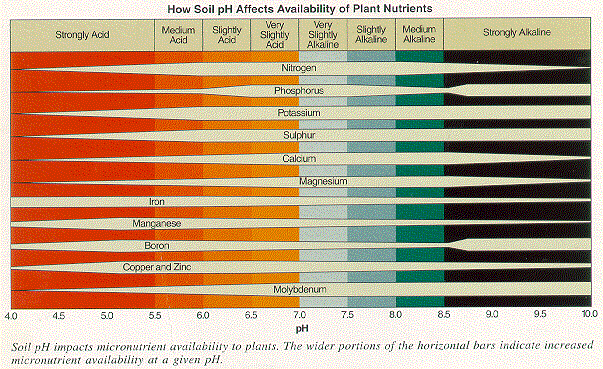Although he said further tests would have to be conducted, Mr Kounaves said the soil seemed "very friendly… there is nothing about it that is toxic," he said.
"It is the type of soil you would probably have in your back yard - you know, alkaline. You might be able to grow asparagus in it really well."
As well as being far less acidic than anticipated, the soil was also found to contain traces of magnesium, sodium, potassium and other elements.
In addition to how amazing it is that they threw a robot from Earth to Mars, somehow landed it in one piece, and then made it run a soil test via remote control (we have to send ours to a lab in Michigan!) it is pretty incredible the results that they are getting back. Basically, fertile soil.
However, making the claim that it can support the growth of asparagus (a vegetable that I'm betting he pulled off the top of his head) really isn't that big a statement. Ok, it's a big statement, we're talking about freaking Mars here, but bear with me. One of the biggest travesties taking place at your local supermarket is how much they are charging for asparagus, because you can grow that stuff virtually anywhere. As long as you've got a soil that drains remotely well and a pH anywhere between 4 and 8 you can throw some in the ground and produce enough to satisfy your own household at the very least, and even better it's a perennial. Most vegetables prefer a slightly acidic soil, 6.6, 6.7, 6.8, but asparagus is generally very forgiving when it comes to pH. I'd be curious to know exactly what the pH of the Mars soil was - I think soils are officially considered alkali when they have a pH above 7.3.
It was also interesting to see the mention of other trace minerals in the soil as well. Soil pH and its relationship to the availability of minerals and nutrients is actually pretty interesting. Here is a standard chart used in most soil biology classes describing the relationship:

Not sure what the point of this post was but we'll go with this: plant your own asparagus.
2 comments:
So what you're telling me is I should go with growing my own asparagus, rather than outsource it to Mars? Come on man. Where's the dreamer in you?
Hah! You're right it would be a wonderful irony if the little green men on mars ended up being asparagus sprouts. However, you're going to have to plant a lot of trees to offset that carbon footprint.
Post a Comment